Results
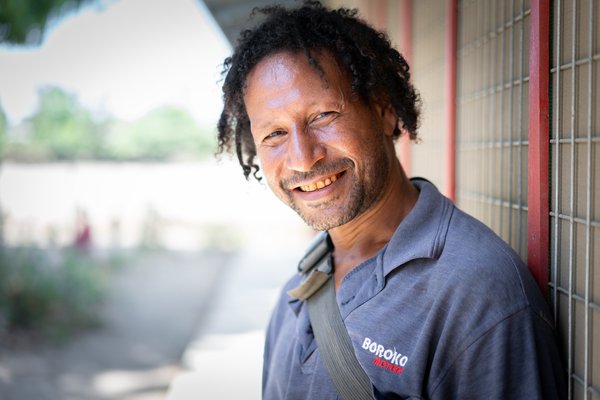
Leprosy is a socially stigmatised disease – it affects not just the physical, but the mental and social, as well. If we only treat leprosy physically, we are not treating it completely.
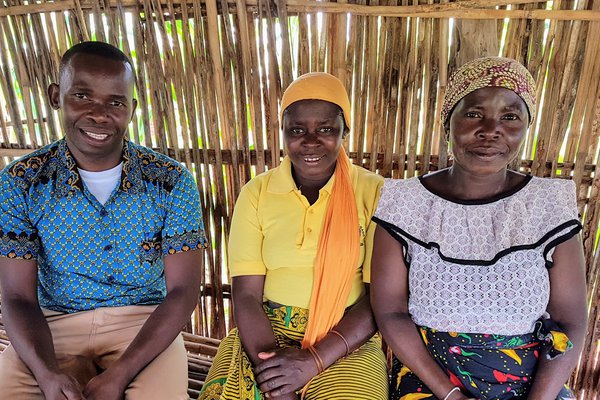
Our work will not be finished in 2035. There will still be millions of people living with the consequences of leprosy and we must continue to care for them.
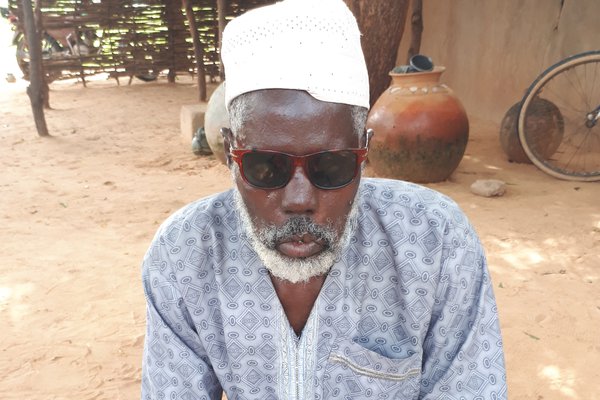
Sadly, leprosy remains the world’s leading cause of preventable disabilities. Among these disabilities is damage to the eyes. Here’s your guide to leprosy and the eyes.
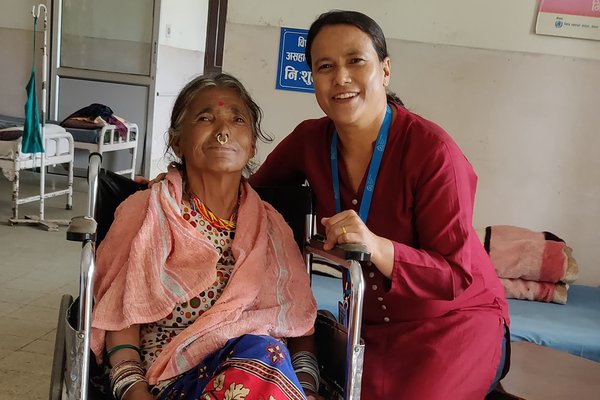
Ruth and Bishnu from TLM Nepal share some of the lessons they’ve learnt from the frontline of mental health care for persons affected by leprosy.
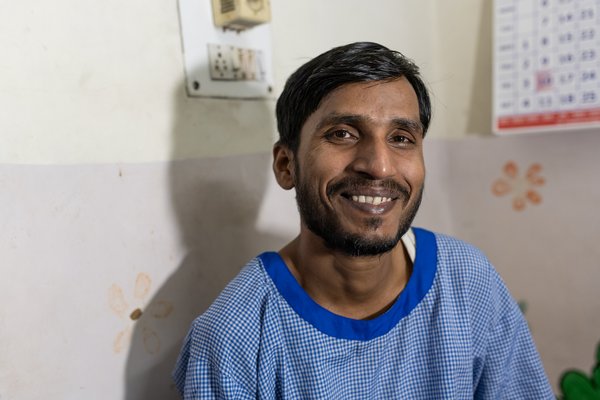
How does a broader medical focus help us to achieve our goal of zero leprosy? Dr Rajeev Nathan, Medical Superintendent of TLM Community Hospital, New Delhi, explains more.
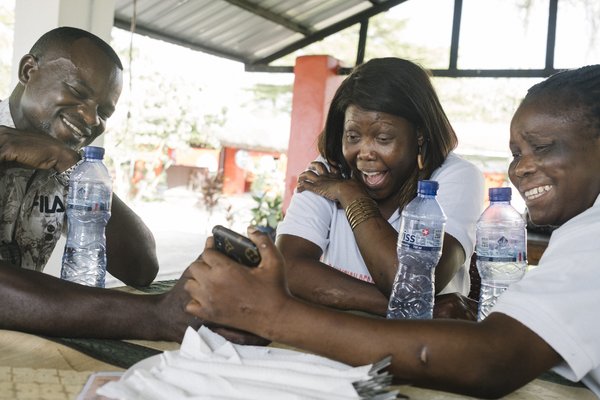
Leprosy Peoples’ Organisations must find themselves at the heart of efforts to defeat leprosy in the years to come.
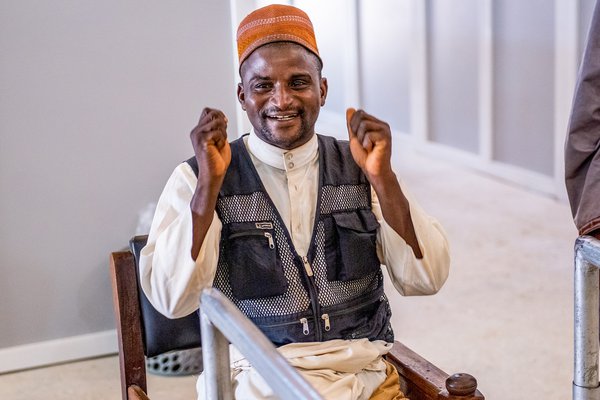
Nuhu was ready to sacrifice his own health for his family. Thankfully, he didn't have to.
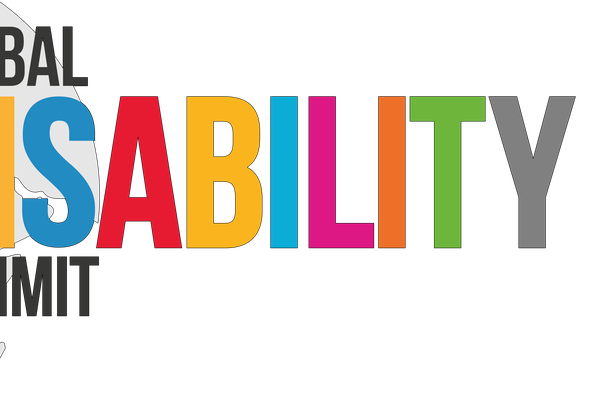
The Leprosy Mission is hosting two side events at the Global Disability Summit 2022.
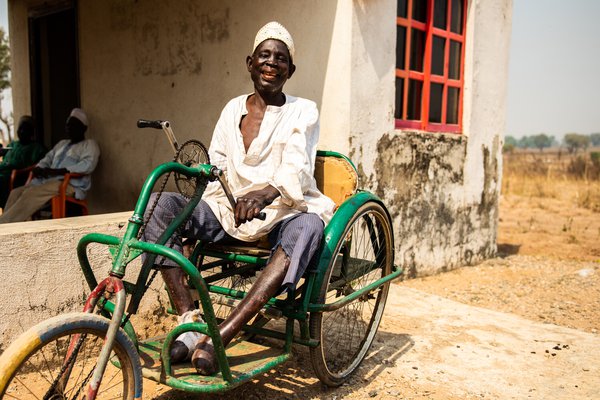
Inclusion First works in Nigeria to build the resilience of people and their families with leprosy-related disabilities so that they can fully participate in all aspects of life.
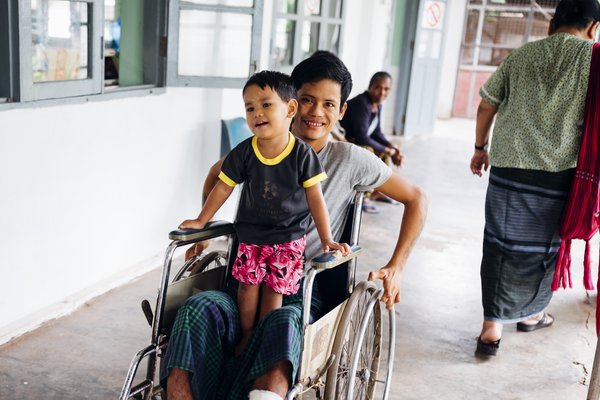
This programme works to ensure that people affected by leprosy and/or disability are able to access information, help and support to which they are entitled.
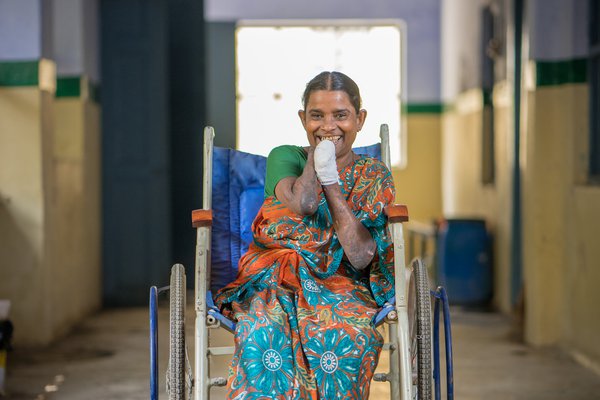
This project supports people affected by leprosy to manage their disability, to find their own voice within local and district decision making, and to provide for their own families through sustainable livelihood programmes.
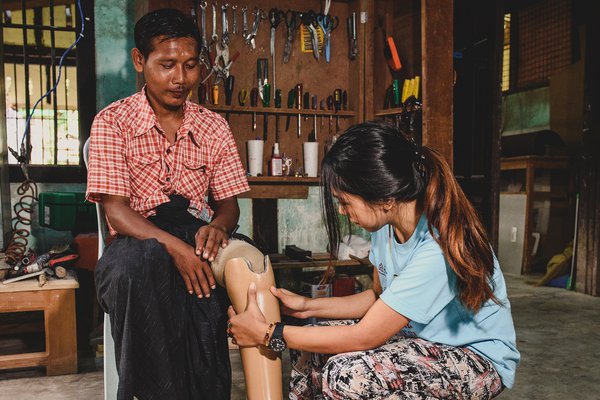
Our team runs a mobile prosthetics unit that travels around the country providing medical care to people who have lost their limbs, either through leprosy, or as a result of landmines that litter the country.
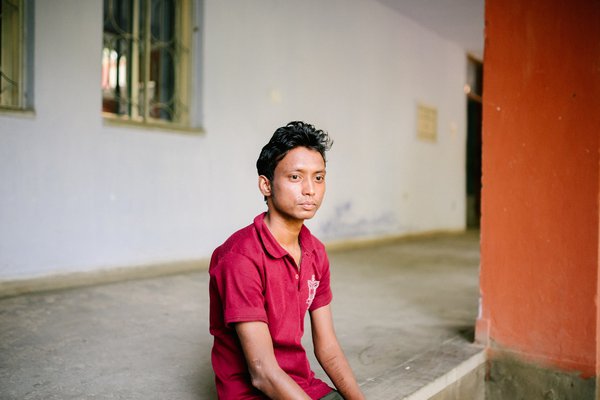
A look at the ENLIST consortium, an international effort to find new and better ways to treat ENL
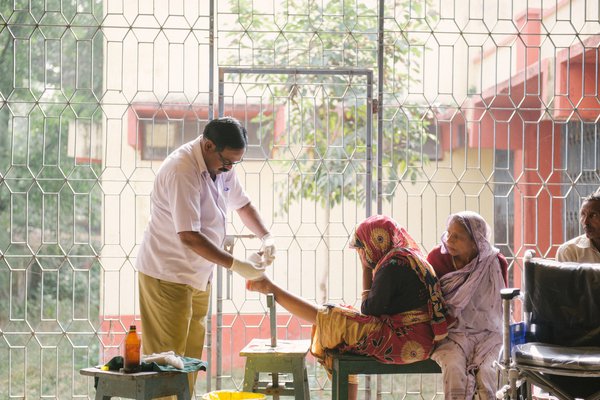
A look at TLM Nepal's work to solve some of the major leprosy ulcer issues
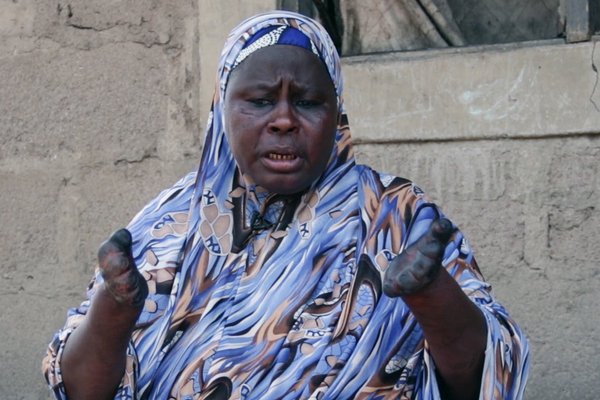
A look at the latest mental health research that is being conducted by our team in Nigeria
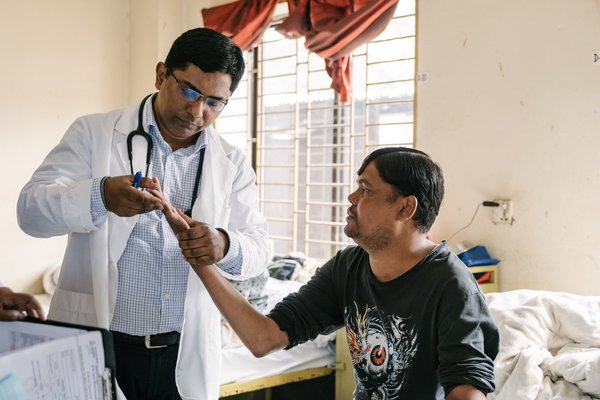
A look at research in Bangladesh that aims to reduce or prevent ENL.
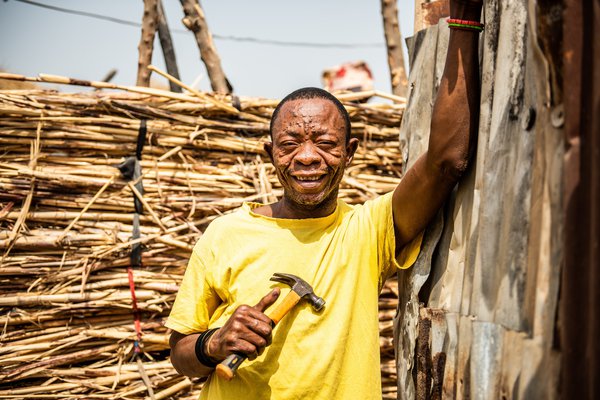
The Neglected Mind-Skin Link project is piloting the WHO Guide on Mental Health and NTD Integration.
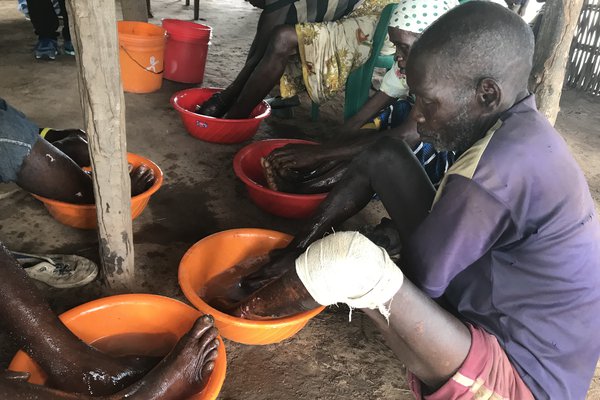
Developing guidelines for leprosy centres and health centres to promote and support self-care with a particular emphasis on prevention of recurrence of ulcers in the community.